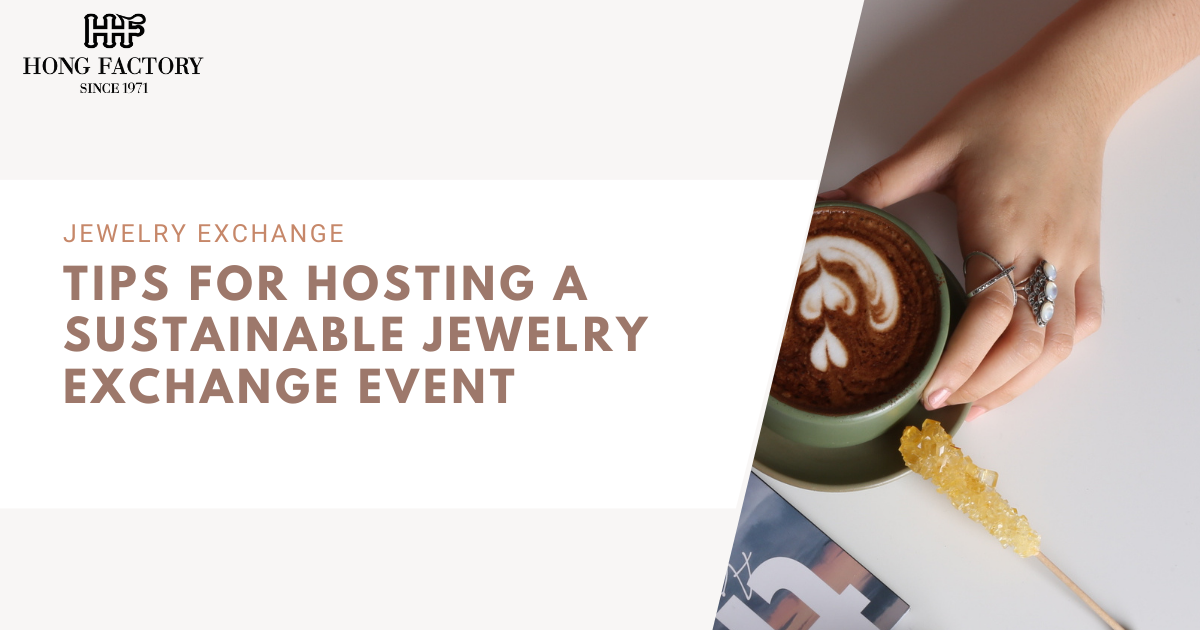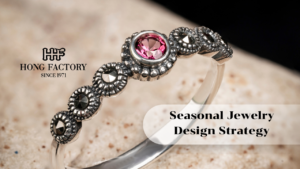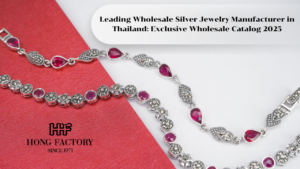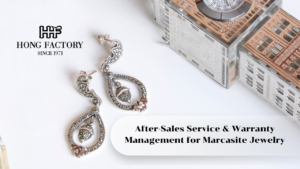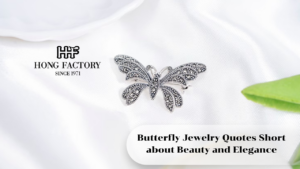Tips for Hosting a Sustainable Jewelry Exchange Event

As sustainability becomes a priority in fashion and accessories, jewelry exchange events are a fantastic way to promote eco-conscious shopping, reduce waste, and give pre-loved pieces a new life.
Hosting a sustainable jewelry exchange event allows participants to refresh their collections without contributing to overproduction or unethical sourcing. Here’s a step-by-step guide to organizing a successful and environmentally friendly jewelry swap.
1. Plan Your Sustainable Jewelry Exchange Event
Set a Clear Purpose
Define the goal of your event: Is it to promote sustainability, raise awareness about ethical jewelry, or simply encourage a fun community gathering? Having a clear objective will help guide your planning.
Choose an Eco-Friendly Venue
- Opt for a local community center, eco-conscious café, or outdoor park to minimize energy consumption.
- Encourage the use of natural lighting to reduce electricity use.
- If hosting at home, decorate with reusable or biodegradable materials.
Establish Fair Swap Guidelines
- Set clear rules on the quality of jewelry (e.g., gently worn, no broken pieces unless for upcycling).
- Allow various types of jewelry, including vintage, artisan, fair-trade, or handmade pieces.
- Encourage ethical swaps by sharing information on sustainable and conflict-free materials.
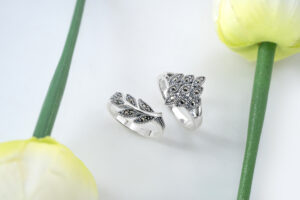
2. Promote the Event Sustainably
Use Digital Invitations
- Avoid paper waste by creating email invites, social media event pages, or digital flyers.
- Utilize platforms like Eventbrite, Facebook Events, or Instagram Stories to spread the word.
Encourage Sustainable Transportation
- Suggest carpooling, biking, or using public transportation.
- Offer incentives for attendees who arrive in an eco-friendly way (e.g., an extra swap ticket).
3. Curate a Thoughtful Jewelry Selection
Set Up an Organized Swap System
- Use a ticket system: Each participant gets a ticket for each piece of jewelry they bring and can exchange them for new pieces.
- Arrange jewelry by type (rings, necklaces, bracelets, earrings) or material (gold, silver, gemstones, handmade).
Include Upcycling & Repair Stations
- Have an area with tools for minor jewelry repairs, polishing, or repurposing broken pieces.
- Invite a local jeweler or artisan to demonstrate upcycling techniques.
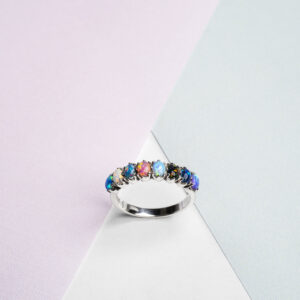
4. Make the Event Educational & Engaging
Raise Awareness About Sustainable Jewelry
- Have a short talk or presentation on ethical jewelry brands, fair-trade gemstones, and lab-grown diamonds.
- Provide handouts or QR codes linking to resources on sustainable jewelry shopping.
Incorporate DIY & Upcycling Workshops
- Teach attendees how to repurpose old jewelry into new designs.
- Offer a session on basic jewelry cleaning using eco-friendly methods.
5. Reduce Waste & Make the Event Zero-Waste
Eco-Friendly Displays & Packaging
- Use wooden trays, fabric-lined boxes, or ceramic plates for displaying jewelry instead of plastic.
- Provide reusable or compostable packaging, such as cotton pouches or recycled paper gift bags.
Encourage a No-Waste Policy
- Have a plan for unclaimed jewelry (e.g., donating to charities, local shelters, or upcycling projects).
- Offer recycling bins for any paper tags, old packaging, or damaged pieces.
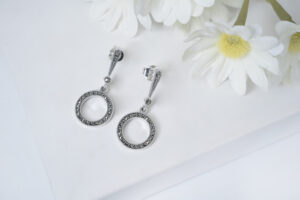
6. Foster a Community of Conscious Consumers
Create a Network for Future Swaps
- Start a social media group or email list for attendees to stay connected and plan future exchanges.
- Encourage participants to share their swapped jewelry on social media using a dedicated event hashtag.
Encourage Ongoing Ethical Shopping Habits
- Share a list of recommended ethical jewelry brands.
- Provide information on how to identify conflict-free and fair-trade gemstones.
- Promote local artisans and sustainable jewelry designers.
Hosting a sustainable jewelry exchange event is an impactful way to promote ethical fashion, reduce waste, and build a community around conscious consumerism.
By planning carefully, encouraging mindful swaps, and incorporating educational elements, you can create a fun and meaningful experience that supports sustainability in the jewelry industry.
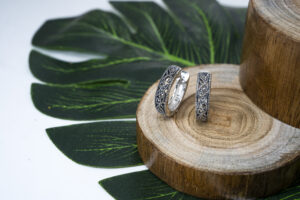
Keywords: sustainable jewelry swap, ethical fashion event, zero-waste jewelry
